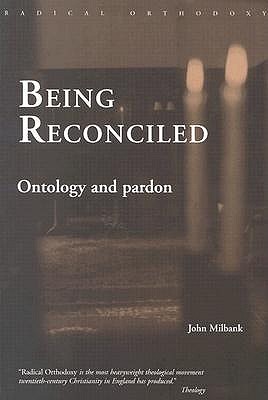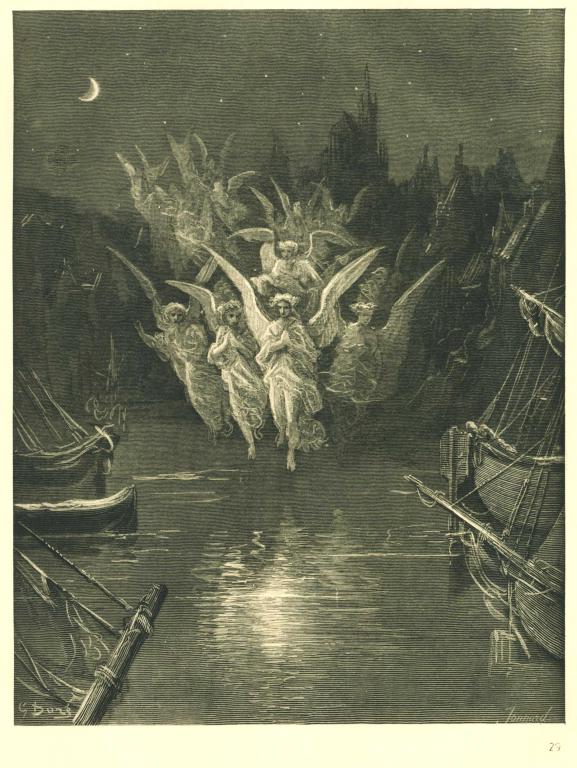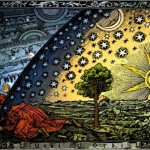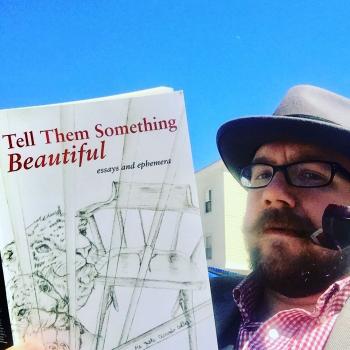David Russell Mosley
Festival of King Oswald
5 August 2013
Beeston, Nottinghamshire
Dear Friends and Family,
Here is review I wrote a few weeks ago after my second reading of John Milbank’s Being Reconciled. I hope you enjoy.
This is my second reading of Milbank’s Being Reconciled and I must say I’m glad I read it again. While even after the first reading I determined that this was Milbank’s most comprehensible book, at least that I’ve tackled thus far, I still found more that I understood better this time around. I highly recommend this book to anyone who wishes to gain some insight into the theology of John Milbank but does not yet have the fortitude to brave Theology and Social Theory.
I will give fair warning that there are, for me, a few areas where I simply disagree with John. The main one, and only one I will deal with in this review, comes in chapter 4 ‘Incarnation: the sovereign victim’. Here John is juxtaposing the views of Thomas Aquinas and John Duns Scotus on the purpose of the incarnation. For Aquinas, it is about forgiveness, but a forgiveness that does more than forgive, but exceeds that and gives also the chance for deification, though Milbank argues that is the possibility of deification that makes the incarnation possible. Scotus, on the other hand, sees the incarnation as the ontological completion of creation. This is based in Scotus’s understanding of univocity of being where Christ is not the fulness, necessarily, but is beyond what humanity is. My own view, and I believe that of the Fathers, is somewhere in between. The Incarnation cannot be a reaction to our sin or related only to the divine foreknowledge of the Fall. Nor, however, is it purely Christ completing creation as a human who is, by nature of also being divine, is simply better than all other humans. For me, if deification has always been the telos for creation, then the means by which this is accomplished must include the Incarnation. God must become man in order for man to become God.
This aside, however, John’s understanding of the crucifixion, the telos of Creation and the necessity for a liturgical understanding of the time, the state, education, etc., makes this book one most definitely worth reading.
Sincerely yours,
David Russell Mosley












